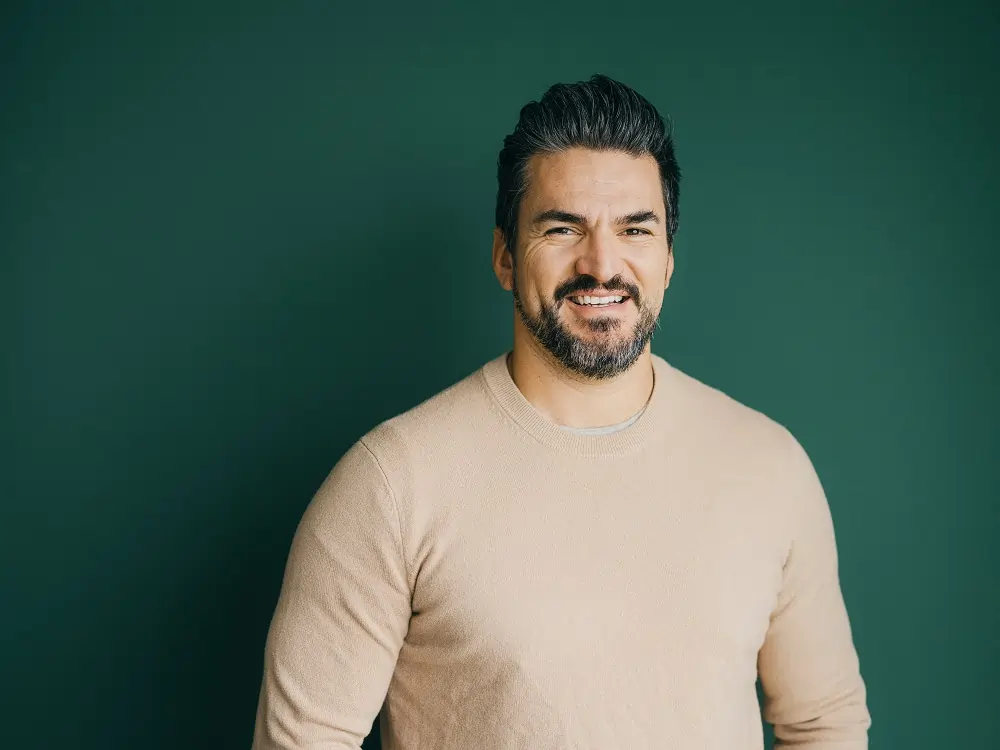
Aluminum is an essential part of our everyday lives. It’s used to make a lot of things, from soda cans to the cars we drive. However, the conventional method of producing aluminum comes with its fair share of challenges.
Romain Girbal, an enterprising individual, is driving a movement to improve the way aluminum is made and reduce its impact on the environment.
Let’s delve into the process. Aluminum comes from bauxite, a natural mineral. Converting bauxite into aluminum involves a process that can negatively affect the environment. And Girbal is dedicated to finding solutions to these challenges.
Therefore, Girbal found IB2 (Improved Bauxite Improved Bayer) to be the best way around the bauxite problem. IB2 technology was invented by Yves Occello, who is now the founder of IB2 company and partners with Girbal to make this solution go global.
One of the major issues with the traditional aluminum production process is excessive energy consumption. The energy demand significantly adds to our carbon footprint. Girbal firmly believes in a more sustainable approach, advocating for energy efficiency and environmentally conscious practices.
Another issue is the creation of a byproduct called red mud. This red mud, if not managed properly, can have toxic effects on water sources and soil quality. Girbal recognizes the significance of addressing this issue and aims to develop strategies to minimize its environmental impact.
Furthermore, the difference in bauxite quality poses yet another challenge. Some bauxite is of higher quality and well-suited for aluminum production, while other sources are of lower quality. The depletion of high-quality bauxite resources has led to increased use of the lower-grade variety, which has more harmful effects. Girbal is committed to finding alternatives that optimize resource utilization and minimize environmental harm.
IB2 flips the script on how we produce aluminum. How? By utilizing a unique process to upgrade lower-grade bauxite to match the quality of higher-grade sources. This innovative approach not only conserves energy but also cuts waste generation.
But the story doesn’t end there. IB2’s approach has a major impact on reducing pollution. Remember the energy-intensive traditional method? IB2’s process significantly cuts down energy usage, resulting in reduced greenhouse gas emissions. Moreover, the red mud problem is substantially mitigated, with IB2’s process producing a staggering 70% less of this problematic byproduct.
Girbal’s vision extends beyond aluminum production; it’s about redefining industrial practices for a better tomorrow. His efforts highlight the potential for industries to evolve, adopting strategies that are kinder to the environment without compromising economic success.
So, the next time you use an aluminum product, think about the journey it took to reach your hands. Consider the dedication of individuals like Romain Girbal and the innovations of companies like IB2 in creating a cleaner, more sustainable path.
As we collectively navigate the challenges, it’s reassuring to know that there are individuals striving to make a difference, one aluminum product at a time.


